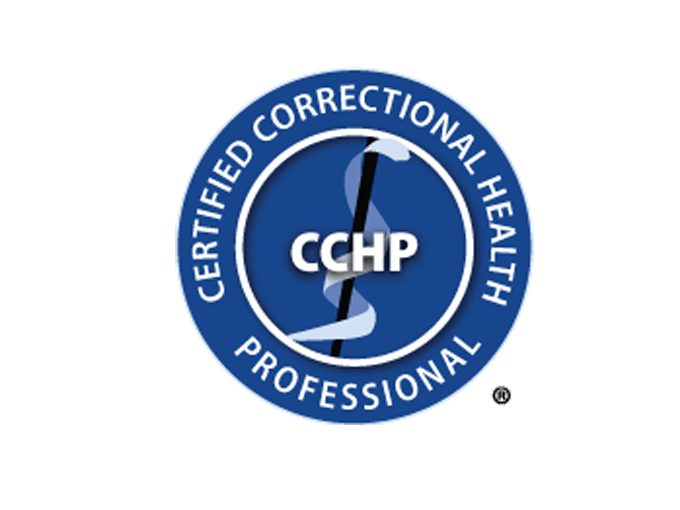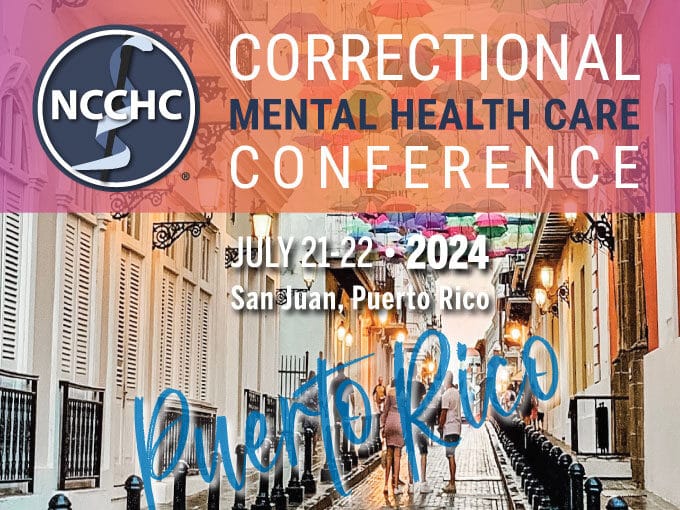
Scholarships Available for CCHP Certification and Study Materials
Five scholarships are available that pay for CCHP testing and study materials.
Home Leading in Difficult Times: Is Perception Reality
 May 17, 2021
May 17, 2021Part 2 of a conversation with Esmaeil Porsa, MD, MPH, MBA, CCHP-P, CCHP-A, Ron Charpentier, MBA, and Kevin Counihan, moderated by Brent Gibson, MD, MPH, CCHP-P. Read Part 1: Funding Challenges & Partnerships, here.
Dr. Gibson: We are always under scrutiny as leaders in public health care. Public attitudes toward the field of corrections and correctional health care can be challenging and at times unflattering. How do we manage these perceptions while keeping our teams focused and motivated?
Mr. Counihan: I believe that fundamentally people go into corrections for the mission. If the people at the top are mission-driven, that is going to permeate down to the other leaders and staff. When people understand that they are doing important work to make sure that individuals, irrespective of their status, have access to quality health care, then the way people view their jobs and their commitment to patients will mirror that.
The correctional environment is complicated. If it were simple, we wouldn’t be having this conversation. Can things be improved? Absolutely, and the industry has an obligation to improvement. When we keep raising the bar, we will be in greater accord with policymakers and legislators. We shouldn’t kid ourselves. The incarcerated population is not the one that’s going to get the greatest attention of legislators. But it’s a critically underserved, vulnerable population. And when leadership makes that clear to their staff, that’s the best way to keep their motivation up.
Mr. Charpentier: I think about this a lot, having spent nearly 30 years in “free world” health care and only two years in corrections. I have to say that, at least in my experience, the perception of the poor quality of care in correctional facilities is not accurate and is often unfair. I believe that providers and nurses want to deliver good, high-quality care. If someone doesn’t, in our organization, we either coach them up or coach them out. We focus on creating a culture of excellence that brings this new level of meaning, passion, and pride to the work we do. And then we have a path to high performance; we have a path to attracting and retaining quality health staff to our facilities.
We have several key work streams in our operational playbook: One, we focus on hiring effective leaders, qualified medical providers, and competent team-oriented nurses. If we make a hiring mistake, we make a change. Two, we provide ample training around best practices, standardized processes, and clinical protocols. It’s about more than just policies. We have a saying in our company: “Policy tells us what to do, but it doesn’t tell us how to do it.” We need to look at processes to understand how best to do our work. Three, we monitor standardized processes and protocols to root out any variation that makes us inefficient or leads to poor outcomes. Four, we ensure that health care teams have the resources they need to deliver excellent care, as well as resources like adequate administrative, security, and technology support.
Finally, we treat our patients and our colleagues with respect and dignity. Doing so gives meaning to our work. If we’re doing the right thing and that’s how we’re treating our patients and teammates, it’s a lot easier to tolerate the scrutiny and negative attitudes, and to eventually change them.
Dr. Porsa: As a second-year resident, my first moonlighting job was at the Harris County Jail. I saw patients in the clinic as they were coming in, and I fell in love with it. I was already a physician, assisting patients in the hospital and the clinic, but there was something very special about dealing with the inmates.
One thing was the gratitude they had for simply a handshake, a hand on the shoulder, someone to listen. I was one of the chief medical residents, and people would ask me: why would a chief medical resident decide to go into correctional health? I always said that to me, it was the last frontier of medicine, where I used all I learned in medical school, and what I imagined medicine would be: patient-physician interaction, using diagnostic skills and listening skills to help patients.
As leaders, we need to be committed and we need to be able to show, through example and through our words, that correctional health is not where you go when you run out of options, it’s where you go to build a career in public health. The more we can reflect that, the more successful we’re going to be at recruiting and retaining very high-caliber people. Working in correctional health is a source of pride.


